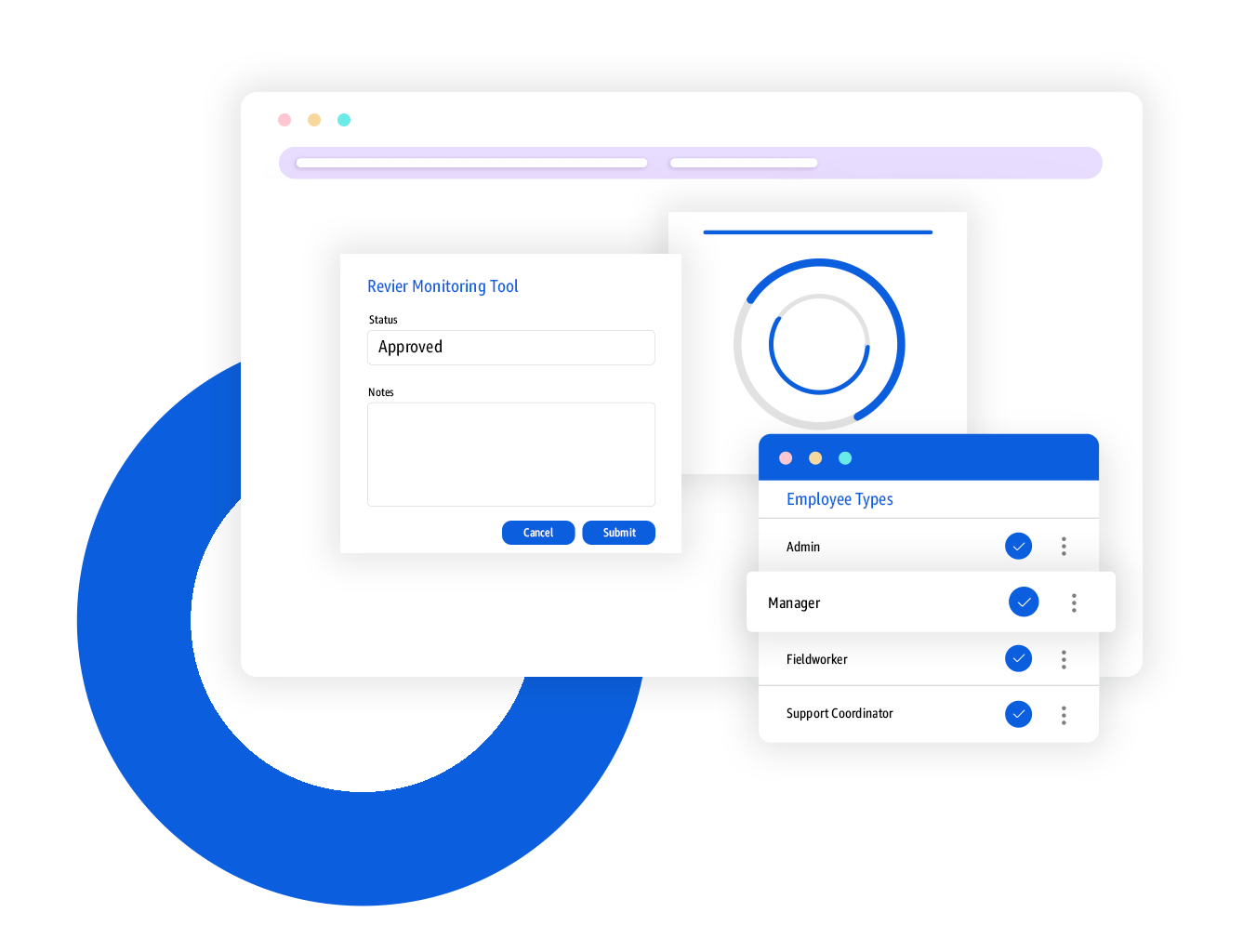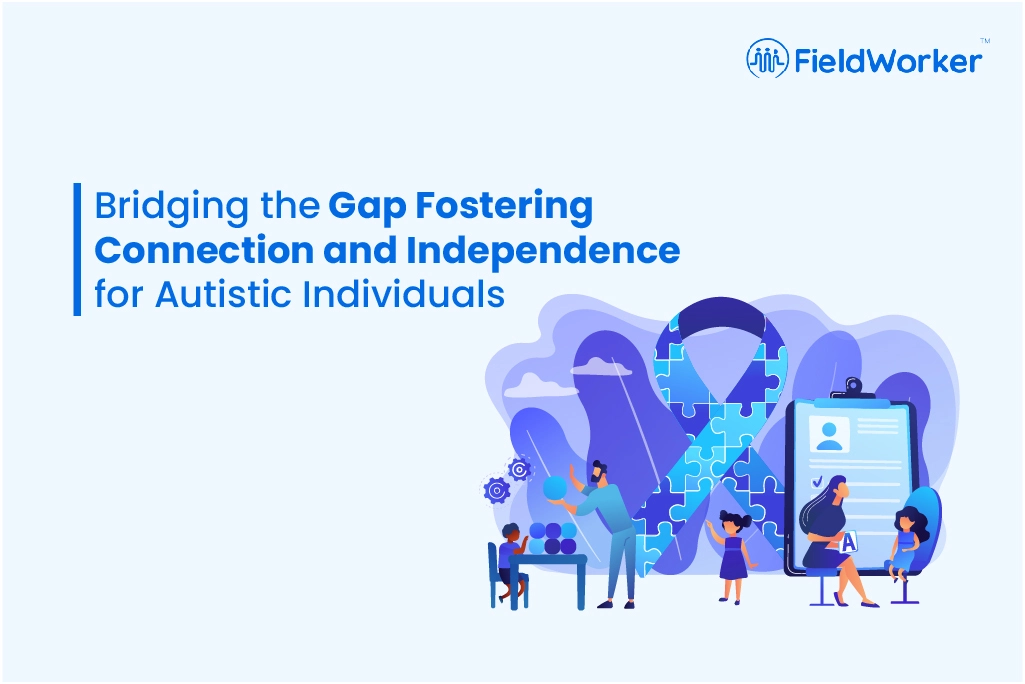In a world that often equates independence with success, individuals with autism face unique challenges. The pursuit of independence, while empowering, can sometimes lead to isolation and loneliness, especially for those on the autism spectrum. A poignant essay in Time, titled “The Pervasive Loneliness of Autism” by Srinivasan, sheds light on this issue. Srinivasan is from the Neuroscience department at Vanderbilt, an alum of UC Berkeley & a Soros Fellow, It highlights the complex relationship between independence and connection for autistic individuals. In this context, FieldWorker emerges as a tool that not only supports independence but also fosters meaningful connections.
Understanding the Loneliness of Autism
Autism, a diverse and vast spectrum, affects individuals in various ways. While some autistic adults form fulfilling relationships and families, others, especially those with significant social, sensory, and behavioral challenges, may find their biological families to be their only real connection. The societal push for independent living often translates to autistic individuals living apart from their families, surrounded by paid support staff who, despite their best efforts, cannot replace the depth of familial or friendly bonds.
The Role of Support Workers
The high turnover in the disability support profession, often due to low pay and high stress, leads to fleeting connections for people with autism. As Srinivasan notes from personal experience, the revolving door of support staff can exacerbate feelings of loneliness. Autistic individuals often view their interactions as transactional, lacking the closeness and trust that comes from stable, enduring relationships.
FieldWorker: A Solution for Connection and Independence
FieldWorker addresses the challenges faced by autistic individuals by offering a platform that balances the need for independence with the human desire for connection, while focusing on its core functionalities.
1. Stable Support System:
FieldWorker streamlines administrative tasks for support workers, potentially reducing job turnover. This stability can foster more enduring relationships between caregivers and autistic individuals, mitigating feelings of loneliness and isolation.
2. Efficient Management of Care Services:
By optimizing the management of care services, FieldWorker ensures that autistic individuals receive consistent and effective support. This consistency is key in building trust and a sense of security, which are crucial for fostering meaningful connections.
3. Data-Driven Insights for Personalized Care:
While FieldWorker may not directly facilitate communication between autistic individuals and their caregivers, its data-driven approach allows for the analysis and understanding of care patterns. This can inform caregivers and support coordinators in tailoring their approach to each individual’s needs, promoting a more personalized and empathetic care experience.
4. Supporting Caregiver and Agency Efficiency:
FieldWorker enhances the efficiency of support coordination agencies and caregivers. This efficiency can indirectly benefit autistic individuals by ensuring they receive timely and effective support, thereby contributing to a more stable and reliable care environment.
Striking a Balance
The goal is not to diminish the importance of independence but to recognize that meaningful connections are equally vital. FieldWorker helps strike this balance by providing tools that support autonomy while also fostering connections. This approach aligns with the insights shared by U.S. Surgeon General Dr. Vivek Murthy in his book, “Together: The Healing Power of Connection in a Sometimes Lonely World“, where he emphasizes the importance of connection for overall well-being.
Conclusion
In addressing the unique challenges faced by autistic individuals, FieldWorker plays a crucial role. While it primarily enhances operational efficiency for agencies and caregivers, the ripple effect of its benefits can extend to autistic individuals, offering them a more stable and supportive environment. This stability is essential in fostering both independence and meaningful connections, contributing to an overall improvement in their quality of life. FieldWorker stands as a testament to how technology can be leveraged to support and enrich the lives of those in the autistic community.

